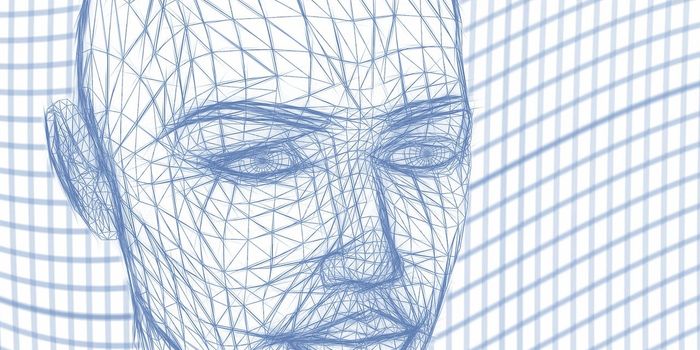New LED Bulbs Increase Nighttime Melatonin Levels
LED lamps and devices with lower wavelengths may help humans regulate their circadian rhythm and thus improve sleep quality. The corresponding study was published in ACS Omega.
Exposure to blue light emitted by LEDs in lamps, and devices such as computers, TV's and phones can disrupt melatonin production and interfere with sleep. Blue light wavelengths range from 380 to 500 nanometers (nm). However, only wavelengths between 460 and 500 nanometers (nm) are known to suppress melatonin production and cause wakefulness.
In the current study, researchers developed two new LEDs- one with a wavelength close to 475 nm intended for daytime use, and another with a wavelength close to 450 nm- outside of the melatonin-suppressing range- intended for use during the evening. They then built these LEDS into bulbs.
To understand how they may affect melatonin production, they placed the new bulbs in a windowless room furnished with a desk, treadmill, and bed alongside conventional bulbs. They then exposed 22 male volunteers to the bulbs for three days. Throughout their stay, a computer turned the bulbs on or off so the researchers could assess and compare how each affected melatonin levels. The researchers assessed particpants' melatonin levels via saliva samples throughout the experiment.
Ultimately, they found that the new LEDs increased nighttime melatonin levels by 12.2% and reduced daytime melatonin by 21.9% compared to consistent exposure to conventional LED bulbs.
"The human centric-LED, which is expected to improve the circadian rhythm by controlling the wavelength band of light directly related to melatonin, will be a useful item for maintaining a healthy circadian rhythm in modern life, where people spend more time indoors," wrote the researchers.
They hope that manufacturers of LED lamps and electronic displays apply these new findings to help people increase wakefulness during the day and improve sleep quality during the night.
Sources: Science Daily, ACS Omega









